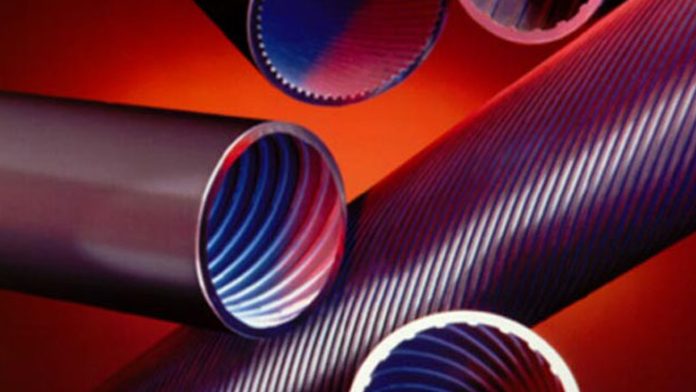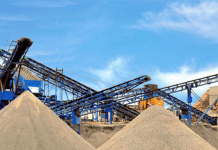Boiler tubes are the backbone of industrial heating systems, responsible for efficiently transferring heat from combustion to water or steam. As industries strive for greater efficiency and sustainability, innovations in boiler tube technology are driving significant advancements in energy generation and distribution. Furthermore, collaborative efforts between researchers, engineers, and industry leaders are paving the way for groundbreaking developments in boiler tube technology, ushering in an era of cleaner, more efficient energy solutions to meet the evolving demands of a rapidly changing world.
Advanced Materials and Coatings for Boiler Tubes:
Recent years have seen a surge in the development of advanced materials and coatings for boiler tubes, aimed at enhancing performance and longevity. High-performance alloys, such as stainless steels and nickel-based alloys, offer superior corrosion resistance and thermal stability, extending the service life of boiler tubes in harsh operating environments. Additionally, innovative coatings, including ceramic and thermal spray coatings, provide enhanced protection against corrosion, erosion, and fouling, further optimizing boiler efficiency and reliability.
Enhanced Heat Transfer Technologies:
Improving heat transfer efficiency is a key focus area in boiler tube technology innovation. Enhanced surface geometries, such as rifled or enhanced finned tubes, promote turbulence and heat exchange, maximizing thermal efficiency and reducing fuel consumption. Additionally, advanced heat exchanger designs, such as compact and microchannel heat exchangers, offer higher heat transfer rates and reduced footprint, enabling more compact and energy-efficient boiler systems.
Digitalization and Predictive Maintenance:
The integration of digital technologies, such as IoT sensors, data analytics, and predictive maintenance algorithms, is revolutionizing boiler tube monitoring and maintenance practices. Real-time monitoring of boiler tube conditions allows for early detection of potential issues, such as corrosion, scaling, or fouling, enabling proactive maintenance interventions to prevent costly downtime and repairs. Predictive maintenance strategies optimize maintenance schedules, minimizing unnecessary shutdowns and maximizing equipment uptime and reliability.
Sustainable Energy Solutions:
In line with global efforts to reduce carbon emissions and combat climate change, innovations in boiler tube of america and technology are driving the adoption of sustainable energy solutions. Biomass and waste-to-energy boilers utilize renewable fuels to generate heat and power, reducing reliance on fossil fuels and lowering greenhouse gas emissions. Additionally, co-generation and trigeneration systems, which produce both heat and electricity or cooling, offer energy-efficient alternatives to conventional boiler systems, maximizing resource utilization and minimizing environmental impact.
Modular and Prefabricated Solutions:
Modular and prefabricated boiler tube systems are gaining popularity for their ease of installation, scalability, and flexibility. Prefabricated boiler modules, complete with integrated boiler tubes and ancillary equipment, can be rapidly deployed and easily reconfigured to meet changing operational needs. Modular construction techniques streamline installation processes, reduce construction time and costs, and minimize on-site disruptions, making them ideal for retrofit and upgrade projects.
Conclusion:
In conclusion, innovations in boiler tube technology are driving significant advancements in efficiency, reliability, and sustainability across various industries. From advanced materials and coatings to digitalization and sustainable energy solutions, these innovations are reshaping the landscape of energy generation and distribution, paving the way for a more sustainable and resilient future. By embracing these innovations and integrating them into their operations, industries can optimize their boiler systems for enhanced performance, reduced environmental impact, and long-term sustainability.









